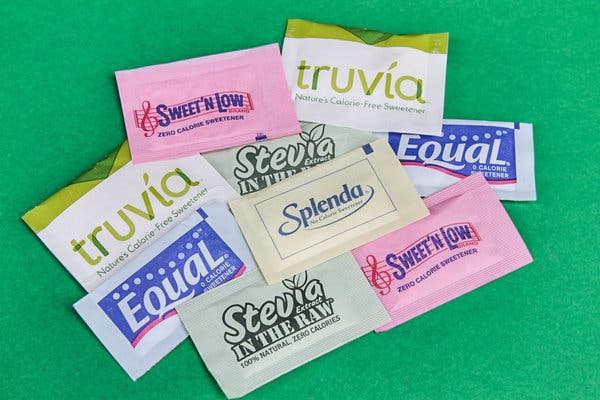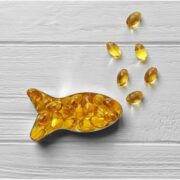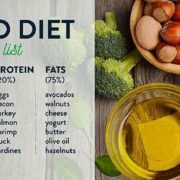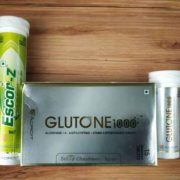British Medical Journal reveals that there is no solid scientific proof supporting the claims by sugar substitute companies that their products are healthy replacement of actual sugar, and here are some facts about sugar substitutes.
Even AHA (American Heart Association) and ADA (American Diabetes Association) have asked to be cautious while using sugar substitutes.
A 2014 study by the University of Iowa revealed that among 60,000 women participants who drank diet drinks for more than 10 years had developed 30% more risk of cardiovascular disease.
Facts About Sugar Substitutes
Sugar substitutes are very popular among many people as it offers a taste of sweetness without any calories. Sugar substitutes aka artificial sweeteners help you reduce extra sugars in your diet thereby lowering the amount of your calorie intake. Saccharin, Aspartame, Sucralose, Neotame, Advantame, and Acesulfame potassium are some of the approved artificial sweeteners by U.S. FDA. Reduction in calories assist in your weight loss and lowers the risk of diabetes and heart problems.
However, there is something more to be noted regarding sugar substitutes. Dr. David Ludwig, an obesity and weight-loss specialist from Boston Children’s Hospital have studied these sugar substitutes and have expressed his worries regarding their usage. According to him, all sugar substitutes are not equally created. People who depend on sugar substitutes may fulfill their sweet cravings from other food sources. It’s just like thinking, “As I have taken diet soda, I can now eat cake.” With this mentality, people unknowingly fool themselves
Some Insights Provided by Research Scientists on Sugar Substitutes:
- Sugar substitutes are non-nutritive yet powerful than normal sugar and high-fructose syrups. Even a minimum amount of it produces sweet taste equal to normal sugar. Frequent usage of sugar substitutes can overstimulate the sugar receptors and reduce the tolerance for more complex food tastes. In other words, people who depend mostly on sugar substitutes may find nutritious foods like fruits, vegetables and other unsweet foods unappealing.
- Sugar substitutes have another drawback. Research reveals that with artificial sweeteners, many people fail to associate sweetness with calorie consumption. Hence they tend to crave more sweets and prefer sweet foods over nutritious food. Studies also say that people who frequently drink diet sodas are more likely to gain weight than those who don’t.
- Another study says that sugar substitutes can be addictive. According to Multiethnic Study of Atherosclerosis, the daily intake of artificial sweeteners in the form of diet drinks is connected with 36% more risk of metabolic syndrome and a 65% greater risk of type 2 diabetes. These facts are contrary to the belief that artificial sweeteners may help prevent the above diseases.

What is Recommended?
Even though artificial sweeteners have some serious disadvantages, there are some sugar substitutes that can be recommended. For example, stevia contains zero calories and is 100 times sweeter than sugar.
It’s 100% natural and has the capability to prevent metabolic syndrome.
Other substitutes are Sugar Alcohols, Monk Fruit, Molasses, and Date Sugar which may have some disease prevention abilities.
The most recommended are Fresh Fruits! Yes, they are natural sweeteners and easily satisfy your craving for sweet foods without putting a kilo extra!
-

1 Researchers Find Omega-3 Fatty Acids Beneficial in Reducing Risks of Cardiovascular Diseases
-

2 How to Sleep Comfortably During Pregnancy?
-

3 Effective Home Remedies And Tips To Control Hair Fall
-

4 Do You Make These Mistakes When You Are on a Keto Diet?
-

5 Keto Pills Review, Keto Diet Pills Benefits, and Side Effects
-

6 5 Good Reasons to Ditch the Gym, Yet Stay Fit…
-

7 Ebola – The Epidemic Fear
-

8 Are we Driving our Planet to Death?
-

9 Now Lighten Your Skin With The Best Glutathione Supplement!
-

10 8 Simple Steps Weight Loss Tips

